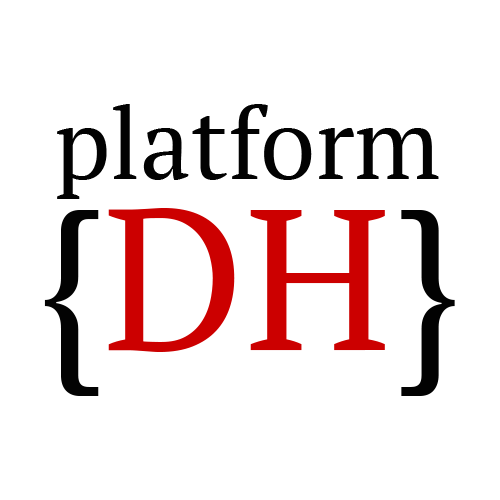
- This event has passed.
Lecture Series: Julie Blake

Dr Julie Blake currently combines roles as a Digital Humanities Methods Fellow at Cambridge University and as co-director of Poetry By Heart, the national poetry recitation competition for schools in England. She is interested in how and why literature (in particular, poetry) gets configured as it does in the school and how this impacts on popular taste and public understanding. Her doctoral thesis What did the national curriculum do for poetry? Pattern, prescription and contestation in the poetry selected for GCSE English literature 1988-2018 paid empirical attention to the recent history of English literature as a curriculum entity, using a singular combination of digital, quantitative, bibliographical and literary methods. She is currently thinking about “scaleable reading”.
Building a “difference engine” for digital literary history
Popular taste and public understanding of literature are shaped by many different life experiences and influences, including what happens in schooling. My work is part of a body of research that seeks to understand the history of English literary education through its material artefacts and traces of classroom practice (eg Michael 1987, Rubin 2007 and Robson 2015). This history connects in interesting interdisciplinary ways with the history of literature, the reception history of different authors, the history of mass education, Britain’s colonial past and its postcolonial present.
One empirical basis for doing this kind of literary history is the books published for use in schools. In my doctoral study, I examined 99 school poetry anthologies prescribed for 14-16 year olds in England who took school-leaving English literature examinations between 1988 and 2018. I used conventional methods of bibliographical recovery, close reading and multimodal analysis for some aspects of this work, but I also wanted to see and to make visible for others the microscopic processes of change that worked to shape this pedagogical canon. For this I built database documenting the significant details of every poem, poet and anthology in my corpus, and developed a quantitative analytical method for tracking the salience of individual poems and poets over time. This approach is influenced as much by ideas about “distant reading” derived from Franco Moretti’s work in digital literary history (Moretti 2013) as it is by cultural anthropologist Asif Agha’s concept of speech chains of evaluation (Agha 2006).
In this talk, I will share some of the practicalities and possibilities of building this kind of digital “difference engine” and will be interested to discuss how this kind of approach might be developed and applied in other areas of literary history.
